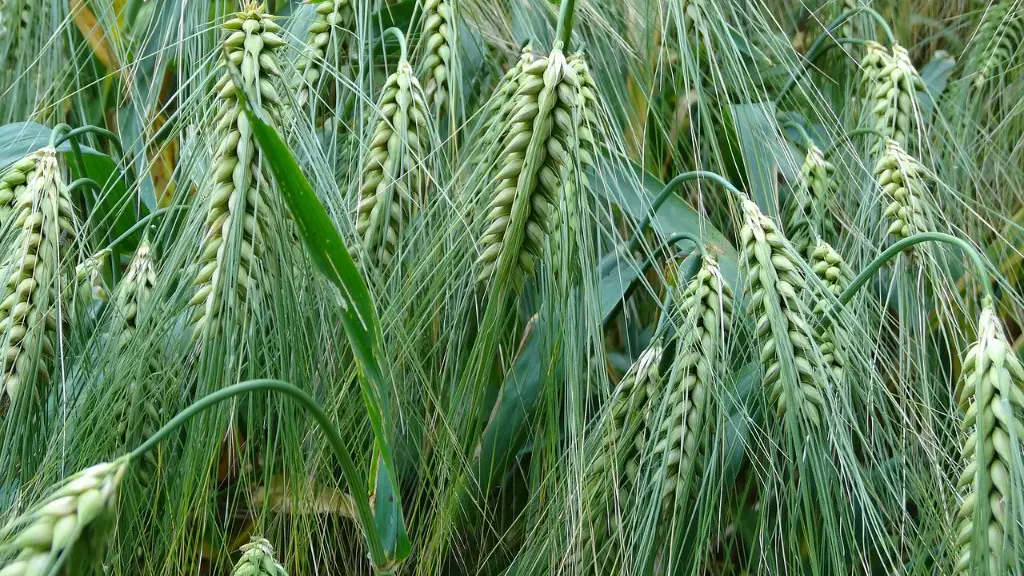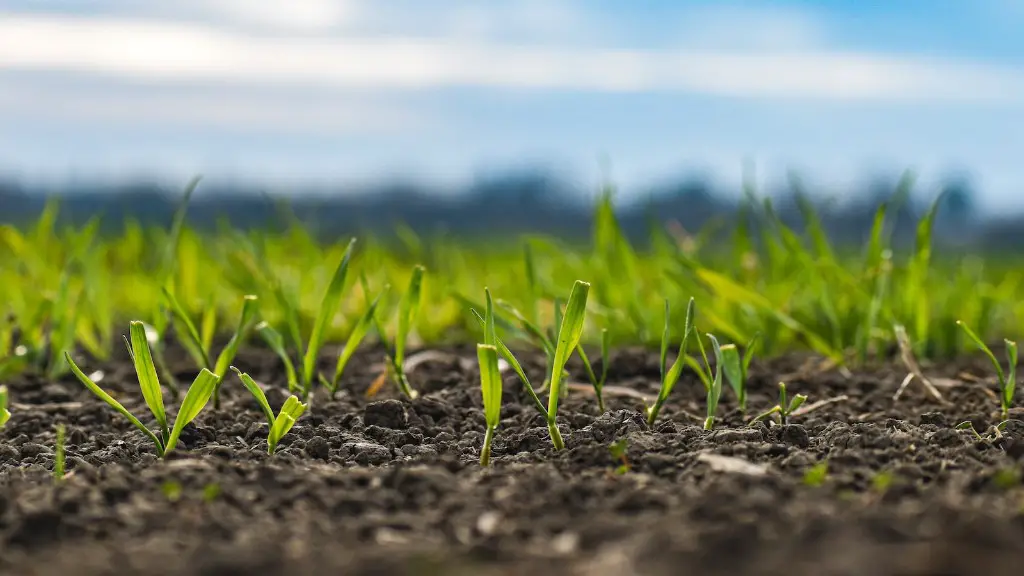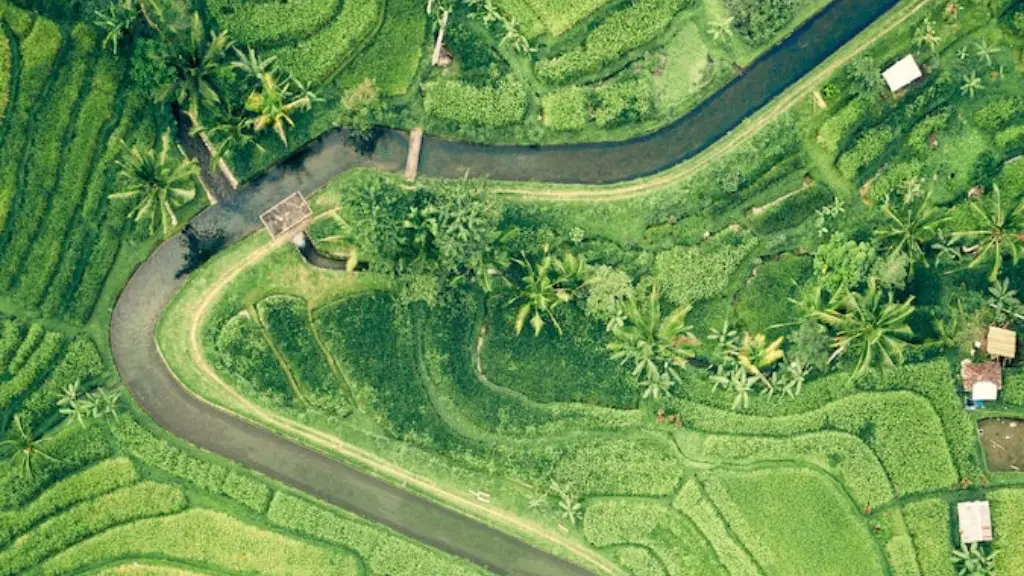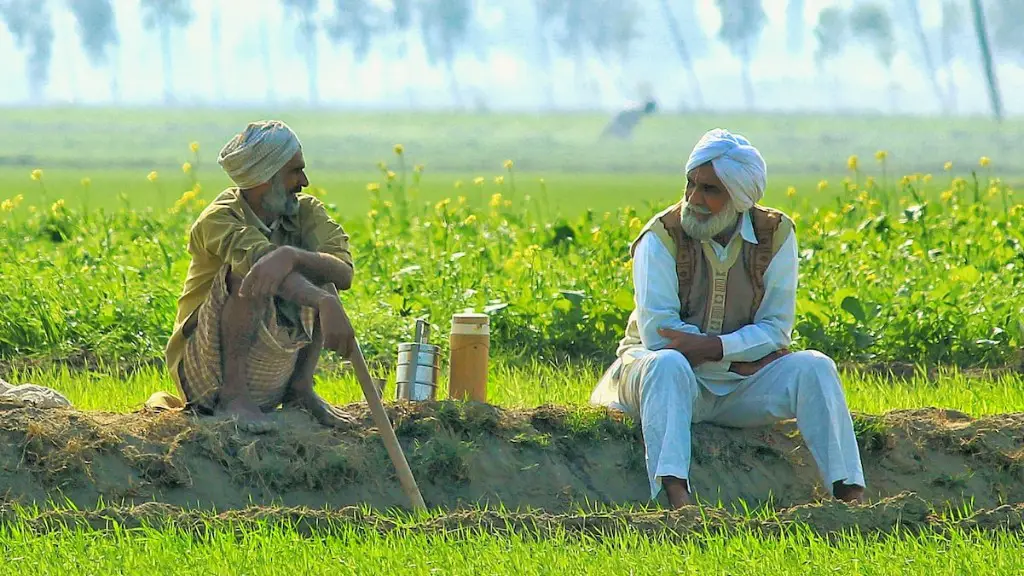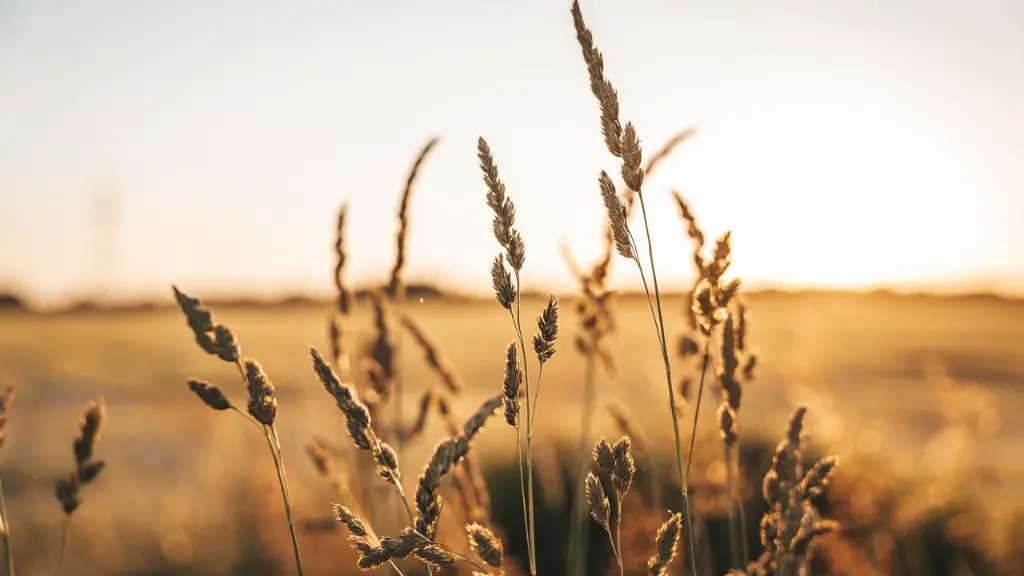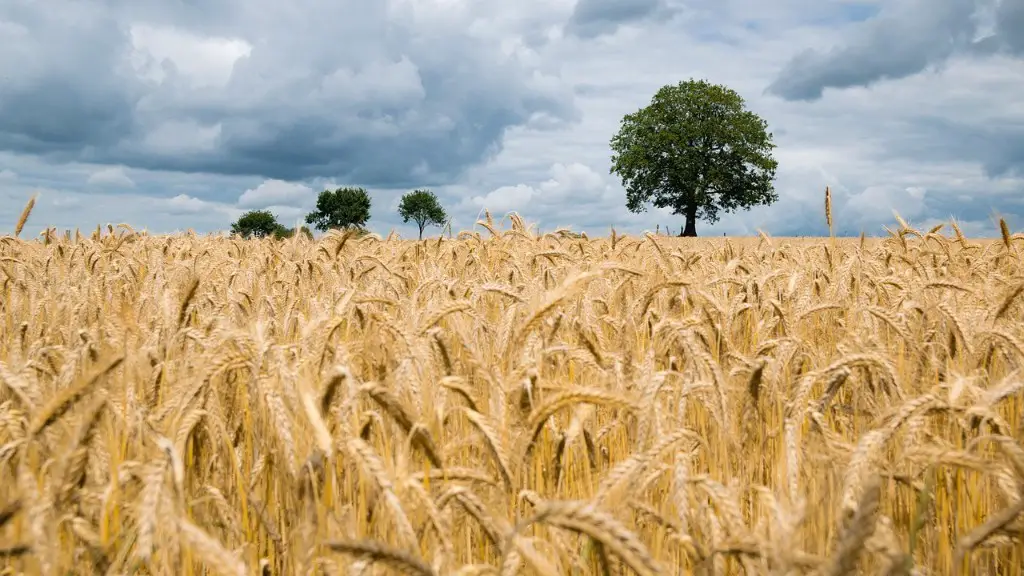There are many reasons why agriculture matters. It is a vital part of the food supply chain, providing the raw ingredients for the food we eat. It is also a major source of employment, both in developed and developing countries. Agriculture also provides other products that we use in our everyday lives, such as clothing, building materials, and fuel.
Agriculture matters for a number of reasons. It is a key part of the global food system and is responsible for producing the food that we eat. It also plays a critical role in the economy, providing jobs for millions of people around the world. In addition, agriculture is a major source of environmental services, such as clean water and carbon sequestration.
Why is agriculture important?
Agriculture is the world’s largest industry, employing more than one billion people and generating over $13 trillion dollars worth of food annually. Pasture and cropland occupy around 50 percent of the Earth’s habitable land and provide habitat and food for a multitude of species. Agriculture plays a vital role in the global economy and is essential to the livelihoods of billions of people around the world.
Farming is one of the most important inventions in human history. It allowed people to grow all the food they needed in one place, with a much smaller group of people. This led to massive population growth, creating cities and trade. Agriculture is the backbone of human civilization and has had a profound impact on our world.
Why was agriculture considered the most important
The growth of cities and civilizations can be traced back to the origins of agriculture. Agriculture allowed for the domestication of plants and animals, which in turn led to a steady supply of food. This allowed for the population to grow exponentially, from just a few million people 10,000 years ago, to more than seven billion today. Agriculture is thus the foundation upon which modern civilization has been built.
Farming is good for your health! Being a farmer is challenging and stimulating work that provides a source of income in rural areas. Farm work also helps develop younger generations and can help the environment thrive.
What is the positive impact of agriculture?
While agriculture can have negative impacts on the environment, it can also have positive impacts. Agriculture can trap greenhouse gases within crops and soils, or mitigate flood risks through the adoption of certain farming practices. These positive impacts can help offset the negative impacts of agriculture, and make it a more sustainable industry.
Agriculture is vital to both job creation and economic growth. In addition, agricultural-based events such as crop and livestock judging competitions and 4-H exhibits contribute to the vibrancy of many communities. Famers markets provide an important outlet for smaller farmers to sell their products and connect with consumers.
How did agriculture change society?
It is often said that the advent of agriculture was a key turning point in human history. Prior to the development of farming, most people lived as nomadic hunter-gatherers, moving from place to place in search of food. Agriculture allowed for the domestication of plants and animals, which led to the growth of settled communities and the rise of civilizations.
The abundance of food produced by agriculture allowed for the growth of dense populations, as people no longer had to worry about where their next meal was coming from. This, in turn, led to the development of trade and commerce, and the rise of cities. Agriculture also allowed people to pursue interests other than just food gathering, leading to the growth of art, science, and technology.
In short, agriculture was a key driver of human progress, and its impact on civilization cannot be understated.
Agriculture is a key driver of economic growth and development. It provides the food we need to survive and the raw materials used in many industries. It is a cornerstone of human existence and an important contributor to economic activity in other sectors of the economy.
What will happen without agriculture
Agriculture is the foundation of civilization and it is not possible to have a city, stock market, banks, university, church or army without it. It is the most important sector of the economy and it is the backbone of any stable economy.
The poorest people in society benefit the most from agricultural growth because it creates new opportunities for employment. This in turn can lead to increased wages and overall improved living standards.
The social benefits for farm families are numerous and include achievement and fulfilment through: Seeing the effects on the people who spend time on the farm; Making a difference in the lives of individuals; and Helping typically excluded people to become more included. Farms provide a unique and essential service to society and it is gratifying to know that one’s efforts are having a positive impact on the lives of others. Farm families should feel proud of their contribution to the community and the difference they are making in the world.
Agriculture affects the environment in a variety of ways. It can lead to soil erosion, water pollution, climate change, and deforestation. While some of these effects are positive, such as creating more farmland or preventing flooding, others can be negative, leading to environmental damage.
Agriculture is a main driver of soil erosion, which can have a number of negative consequences. Soil erosion can lead to loss of topsoil, which reduces crop productivity. It can also lead to water pollution as sediments from eroded soil can pollute waterways. In addition, soil erosion can contribute to climate change by releasing greenhouse gases into the atmosphere.
Deforestation is another negative impact of agriculture. Clearing trees to create farmland leads to loss of habitat for wildlife, as well as increased carbon dioxide emissions.
Overall, agriculture can have both positive and negative effects on the environment. Careful management is necessary to minimize the negative impacts and maximize the positive ones.
What are 3 benefits of agriculture
Agriculture is the basis for human survival. We need food, shelter, and clothing, and all of these things come from agriculture. Crops for food, silk for clothing, and wood for shelter all come from agriculture. Without agriculture, we would not be able to survive.
Agriculture led to some important changes in lifestyle for early man. Instead of being nomadic and moving around constantly, they settled down in one place in order to grow their own food. This meant that they were no longer wanderers or gatherers, but instead settled down in one place permanently.
Is agriculture is important to the community?
Agriculture is vital to the overall health of a country’s economy. It provides food and raw materials for industry, and it employs a large section of the population. A healthy agricultural sector is essential for a strong economy.
The people in an agricultural society generally lead a more settled lifestyle than those in nomadic hunter-gatherer or semi-nomadic pastoral societies because they live permanently near the land that is farmed. This provides them with a more reliable source of food and shelter, and also allows them to develop more complex social structures and cultures.
Warp Up
Agriculture matters because it is the process of producing food, fiber, and other desired products by the cultivation of certain plants and the raising of domesticated animals. Agriculture is considered to be the oldest industry in the world, and it is still a vital part of the global economy. In developed countries, agriculture accounts for a small percentage of the GDP, while in developing countries, it can account for up to 50% of the GDP.
Agriculture matters because it is the foundation of human civilization. It is the process of growing crops and raising livestock to produce food for people to consume. Agriculture has been around for thousands of years and it is essential to our survival.
